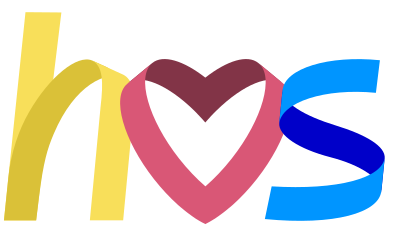Case Managers for Patients
They offer help and orientation in the healthcare system: Navigators support patients and their relatives. They are available as contact persons for questions and provide therapy coordination.
Navigator programs are particularly valuable for patients who require complex, interdisciplinary care – for example, patients with neuromuscular disease or after a stroke. Their case management is often particularly complicated and support is therefore especially important. Also, navigator programs can help to make therapies more efficient and to save costs in the healthcare system.
German healthcare policy has recognized the value of this concept. According to the German government's current coalition agreement, navigator programs are to be promoted so that even more patients can benefit from them in the future.


After a diagnosis, many patients are hardly able to deal with a multitude of formalities and service providers in addition to the illness. Problems often arise, particularly at the interfaces between the sectors. The consequences are health, mental and social impairments for those affected and their relatives, as well as clearly negative economic consequences for society.
Those who are supported by a professional navigator can devote themselves to what is most important: getting well. Navigators help patients through the jungle of care, take away worries and burdens and give them confidence. Relatives are also relieved. Those affected and their environment can concentrate on themselves and their recovery.
According to a study by the Bundesverband Managed Care (BMC) e.V. (German Managed Care Association), patient navigators are primarily active in therapy areas with complex care needs and a high level of coordination, such as geriatrics, oncology, cardiovascular and psychiatric-neurological diseases, or across the board in cases of multimorbidity.
Please find more information at the Stiftung Deutsche Schlaganfallhilfe (German Stroke Foundation) and the Deutsche Gesellschaft für Muskelkranke (DGM) (German Society for Muscle Diseases)